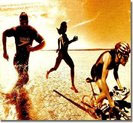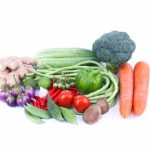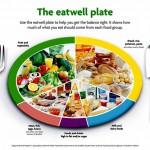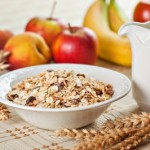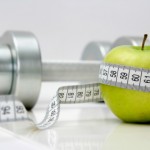Hydration
In addition to making sure your body is receiving all the vitamins and nutrients it needs, it is extremely important to make sure that you are properly hydrated.
Your body is made up of almost two-thirds water and the fluid helps with transporting nutrients around the body, controlling your temperature, getting rid of waste products from cells and aiding the function of your digestive system. It even helps to keep your skin healthy.
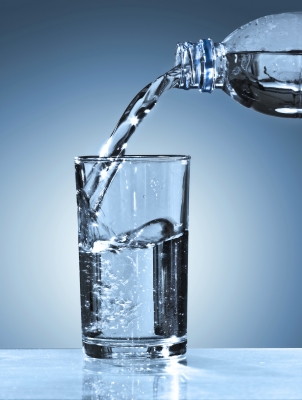
You can become dehydrated if you do not drink enough fluid, causing headaches, dry lips, mood swings, confusion and tiredness or weakness. These effects can be even more pronounced if you don’t keep properly hydrated while you are ill or when you are exercising.
Lots of foods contain water; however it is recommended that you drink about 1.5 litres a day on top of the fluid that you consume through food, which amounts to about 8 glasses. Water is the usually the best choice to reach your daily fluid consumption as it is freely available and does not contain any calories or added sugar. If you are bored of water, you can drink milk or fruit juice which has lots of beneficial vitamins, however they do contain extra calories that you need be aware of. Even tea and coffee contribute to you water intake, but try not to consume too much caffeine.
Physical activity and exercise will cause you to sweat, so it is important to drink enough water and top up the extra fluid you may have lost throughout the day. It is a good idea to drink a glass of water before and after exercise as well as taking sips through a workout. Try and carry a bottle of water with you all the time so it’s always available, keep a bottle of water next to you if you are sitting at a desk all day and try to drink a glass of water with every meal; this will keep hydrated, but will also make you feel full, causing you to eat less.

